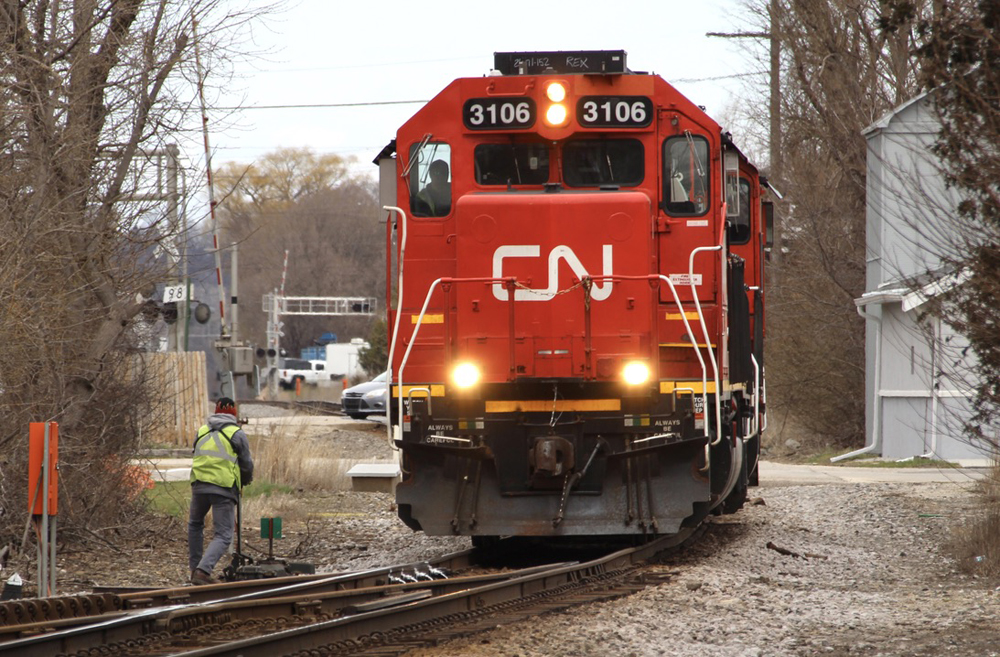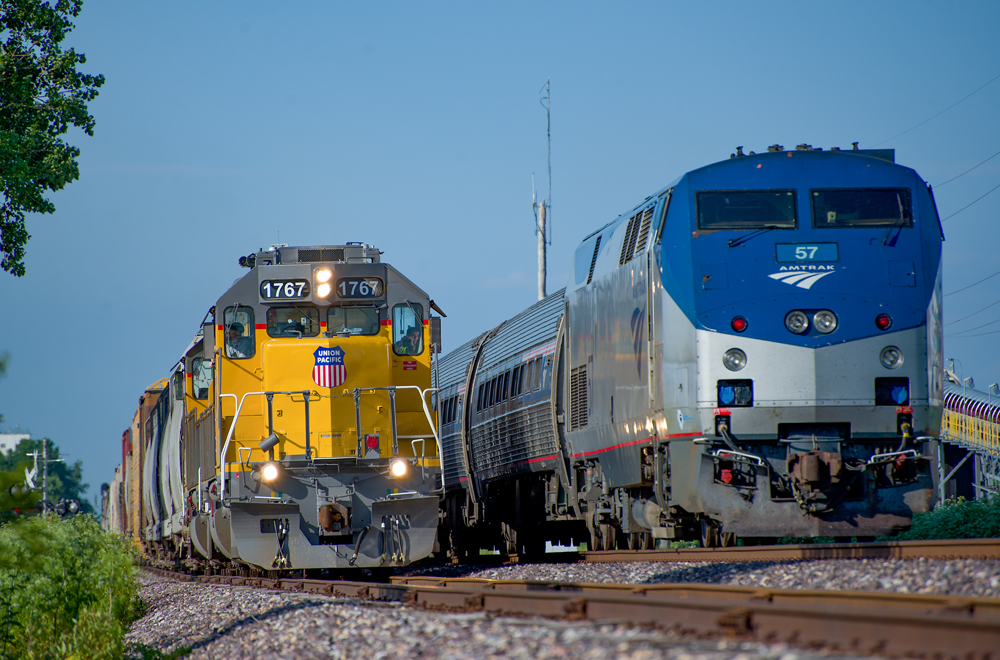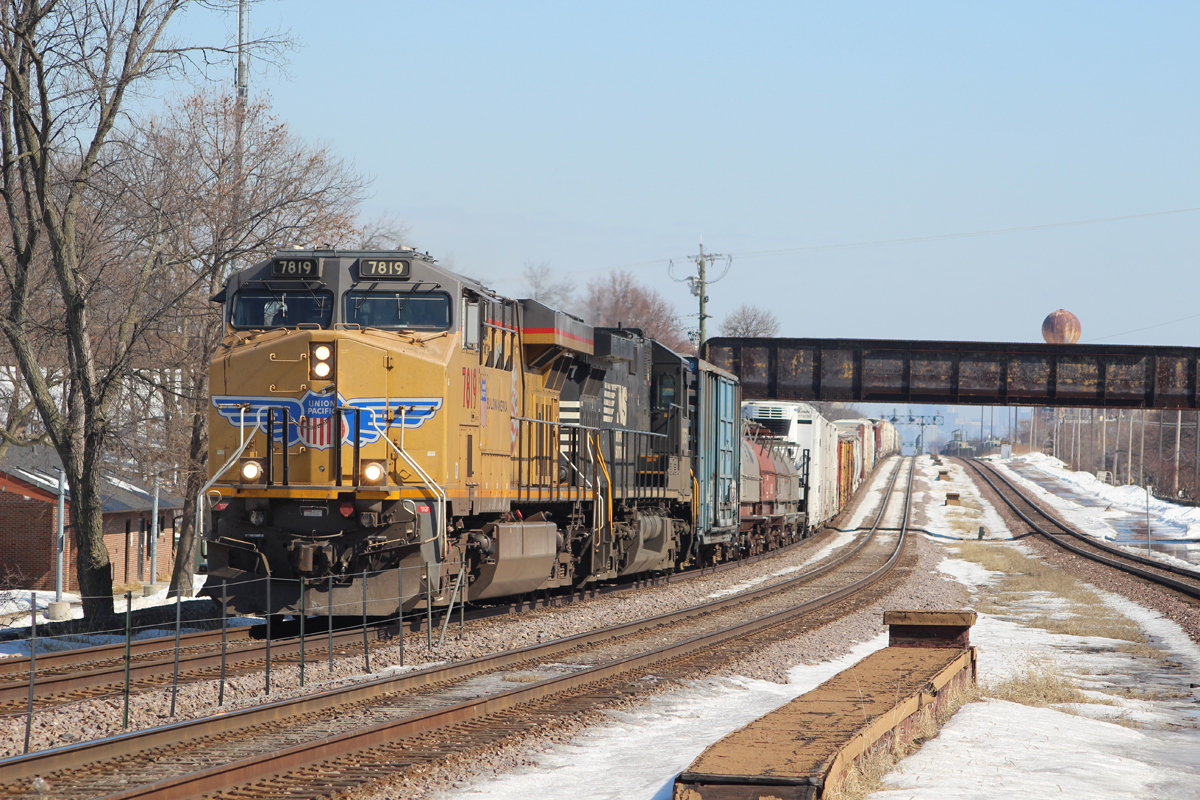
CHICAGO – A federal court has tossed out the Surface Transportation Board’s 2024 reciprocal switching rule that would have allowed shippers who suffer from inadequate rail service to gain access to a second railroad.
The STB exceeded its authority when it adopted the rule, the U.S. Court of Appeals for the Seventh Circuit said in a decision issued yesterday.
The rule arose out of the 2022 service crisis that was related to widespread crew shortages on the big four U.S. railroads. The board said the rule would provide a streamlined path for access to reciprocal switching when service to a terminal-area shipper fails to meet any one of three performance standards.
CSX, Canadian National, and Union Pacific brought the lawsuit challenging the rule. The railroads had argued that the rule would have negative consequences for the industry and shippers alike. A forced switching order, they said, would require alternative service that is more operationally and economically complex than existing service.
The court agreed that the board’s rule was inconsistent with the Staggers Act of 1980, which largely deregulated the rail industry. “The Board exceeded its statutory authority because the Final Rule, by its terms, deviates from the statutory standards Congress established authorizing reciprocal switching,” the three-judge panel said.
The board had been considering various reciprocal switching proposals since 2010. The rule aimed to streamline the process under which shippers could gain a reciprocal switching order. The process was so complex and burdensome that over the past four decades no shipper sought a reciprocal switching order from regulators.
“The whole objective of the Board’s regulatory action, dating back to its April 2022 hearing, was to improve rail service that the agency deemed inadequate. Nevertheless, the Board now concedes that the Final Rule’s three performance metrics — around which the entire scheme authorizing the prescription of a switching agreement is built — do not correspond with a finding that an incumbent rail carrier’s service is inadequate. And we must take the Board at its word,” the judges wrote.
“Because the process the Final Rule provides to obtain a reciprocal switching agreement does not include a determination of whether an incumbent carrier’s rail service is inadequate, we conclude that the Final Rule, by its terms, is inconsistent with the Board’s statutory authority,” the court said.
The court returned the matter to the STB.
The decision, however, did not overturn the board’s requirement that the Class I railroads provide expanded service performance metric reports every week. “We refrain from deciding today whether the disclosure requirements, as written, exceed the agency’s statutory authority,” the court said.














These monopoly problems the STB has tried to correct. However, it appears the review court was correct although the SCOTUS may get to review. Whatever the final outcome it is up to congress to pass a law and that does not seem likely.
Hope you’re holding your breath on SCOTUS. Would Trump’s STB, with DOJ support, appeal?
Monopolies get protection from federal courts. Customers and the public pay.
Decisions such as this one are why railroads are slowly but surely fading into inexistence.